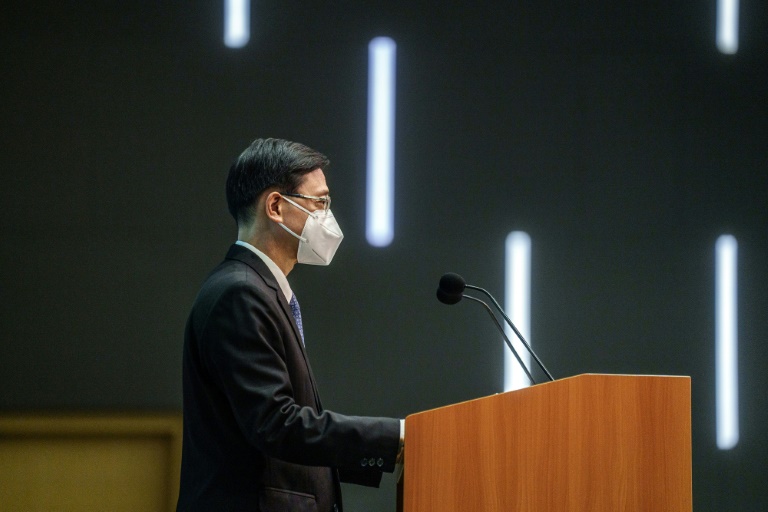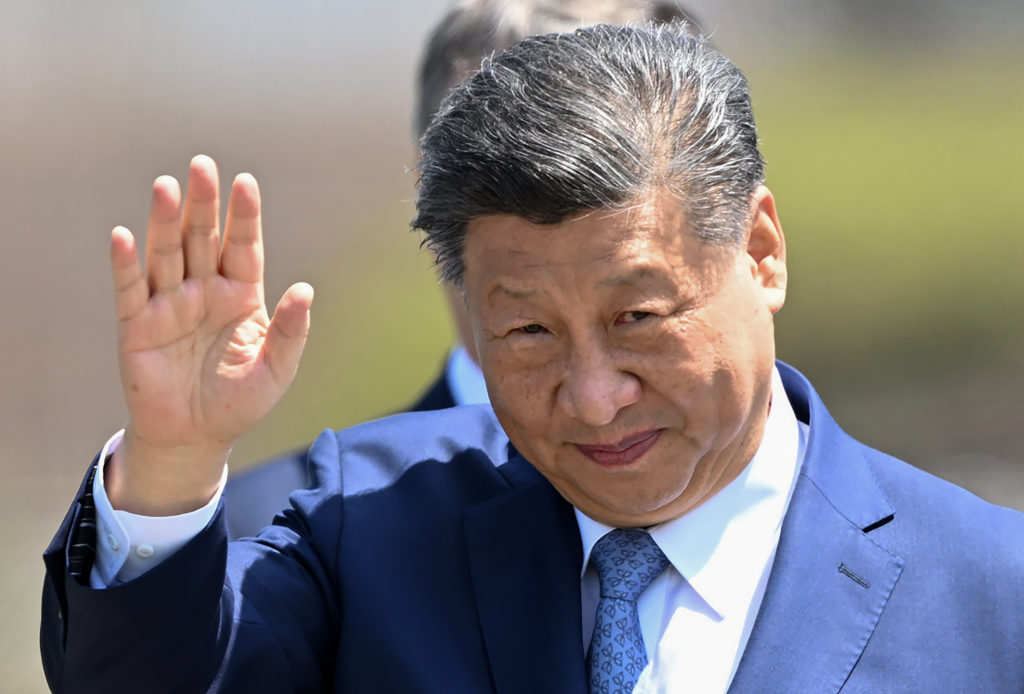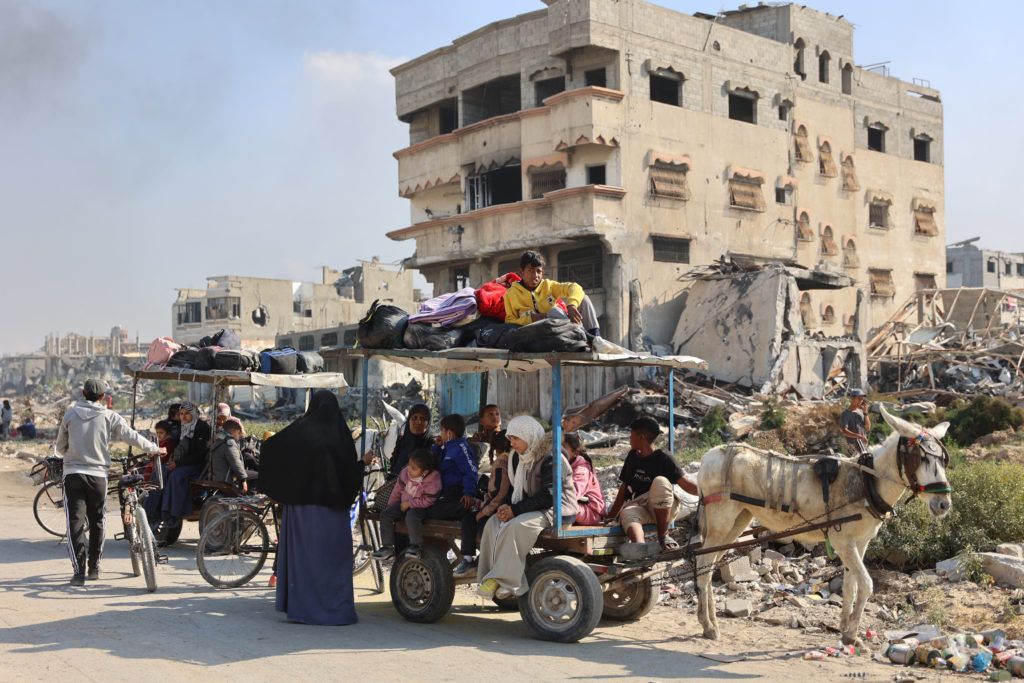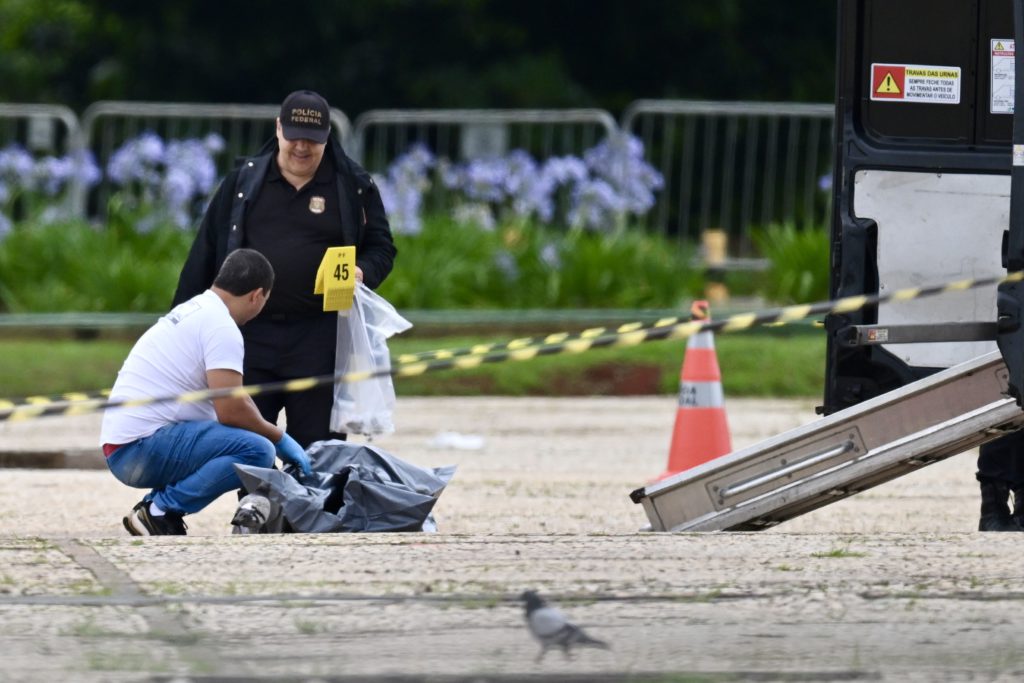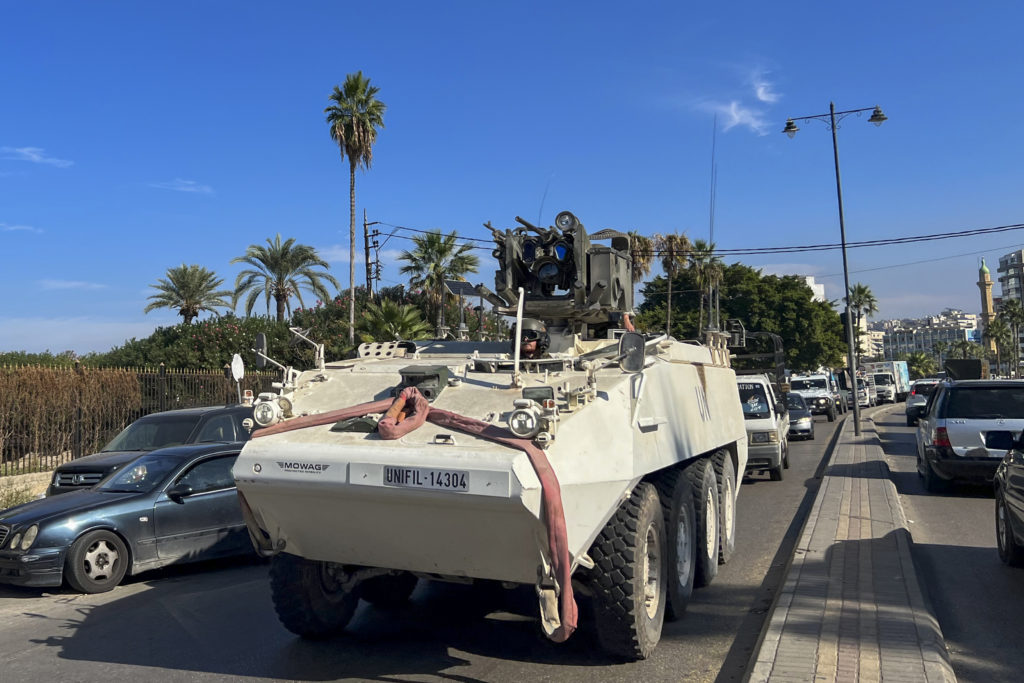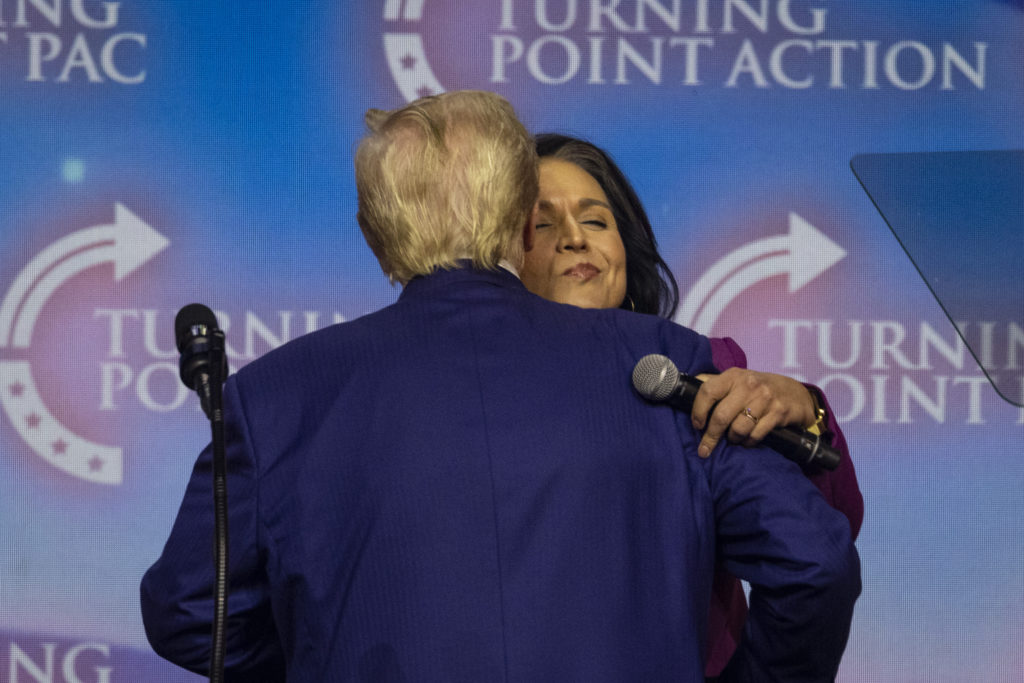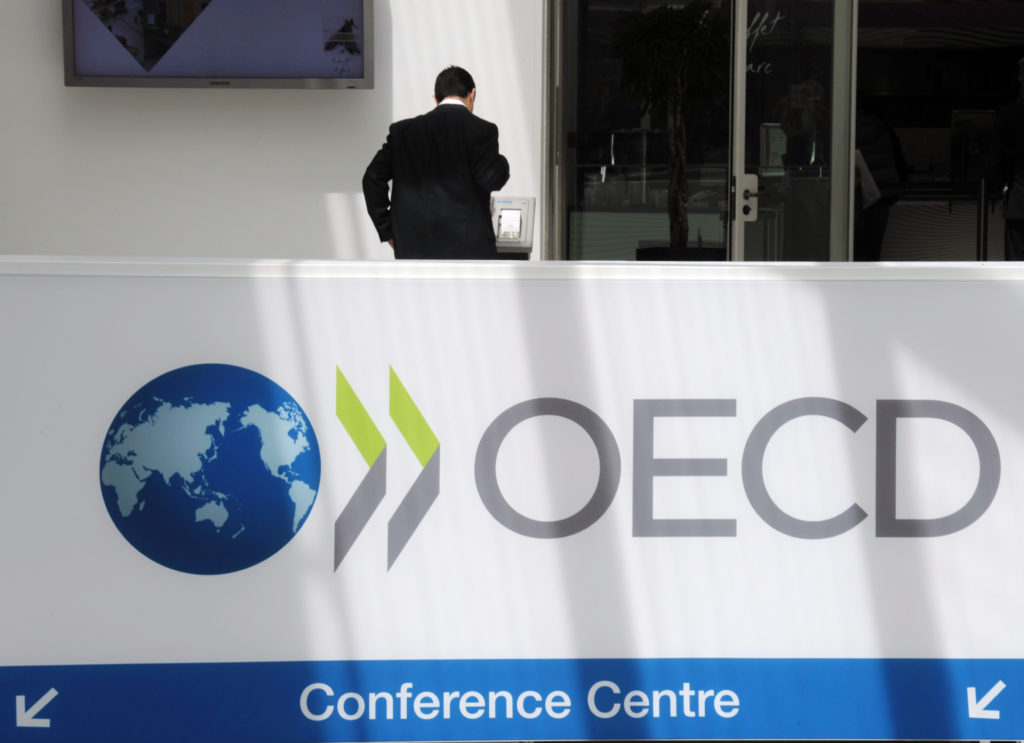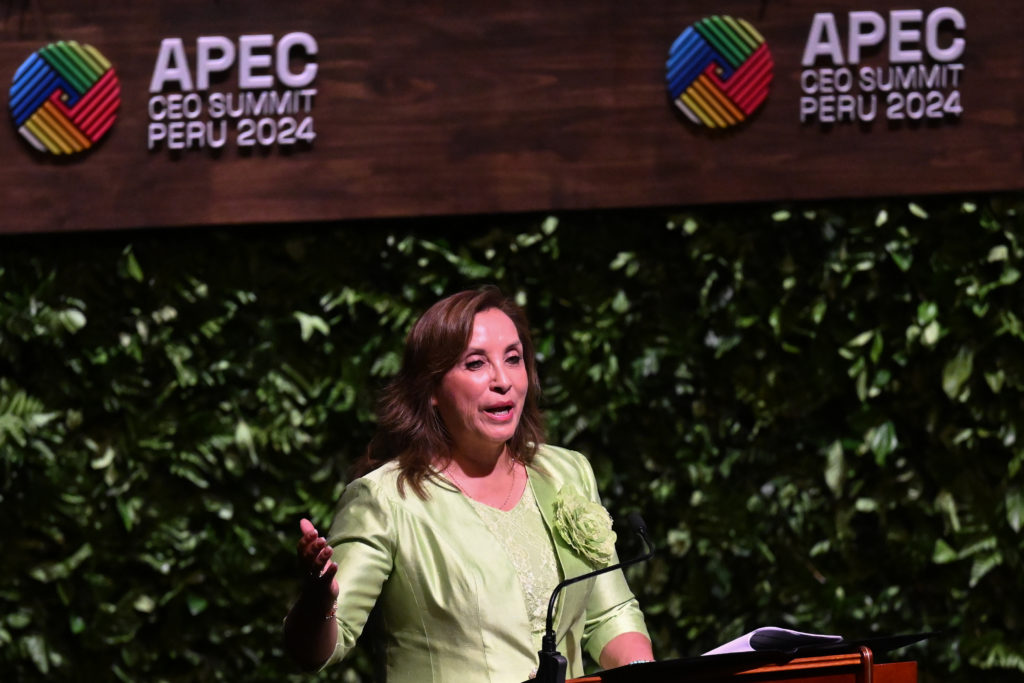A former top cop set to become Hong Kong’s new leader vowed to reboot the city’s international competitiveness on Saturday, but revealed few concrete policy details on how that will be achieved.
John Lee, 64, is expected to be anointed the business hub’s new chief executive by a committee of Beijing loyalists next month.
A hardline former security chief, he is currently the only person to have announced a leadership bid in what Hong Kong media have widely reported will be a race with no rivals at Beijing’s request.
“Hong Kong must maintain its character of being an international metropolis,” Lee said during his first press conference since announcing his leadership bid.
“This will include ensuring Hong Kong is an attractive place to work and live.”
Whoever takes over the running of Hong Kong will inherit a city that has had its reputation battered by huge democracy protests, an ongoing crackdown on political freedoms and more than two years of strict pandemic curbs that have left residents and businesses cut off internationally.
Speaking from behind a face mask at an online press conference, Lee laid out his vision for the future under the slogan “Starting a New Chapter for Hong Kong Together”.
But his stump speech stuck to aspirations and ideals without detailing any concrete policies or targets.
“I am a pragmatic man, and have always believed in being results-oriented,” Lee said.
“This will be a new symphony and I am the conductor.”
– ‘Weak and unprepared’ –
Lee became Hong Kong’s number two official after four decades in the security services, overseeing the police response to the democracy protests three years ago and its subsequent crackdown.
He is one of 11 Hong Kong and Chinese officials, including outgoing leader Carrie Lam, who were sanctioned by the United States for their role in that clampdown.
Lee on Saturday justified his response to the 2019 protests by saying they involved “foreign interference, serious political interests” and attacks against the government.
Asked about his relative inexperience in the business sector, Lee said he will rely on his team and said his lack of connections meant he would have “no baggage” — making it easier to be fair.
On Hong Kong’s acute housing supply — a crisis successive administrations have all vowed and failed to tackle — Lee said he would speed up the government’s response.
But he again gave no details on what his administration would do differently.
He spoke in both Cantonese, Mandarin and English throughout his appearance and only took questions from local, not international, media.
Kenneth Chan, a political scientist from the Baptist University, said he felt Lee was “surprisingly weak and unprepared” despite a “carefully choreographed” press conference.
“He didn’t seem to be prepared to offer any new ideas — not to mention any sense of hope — to people in Hong Kong who have been struggling,” Chan told AFP.
“I think listeners would have to struggle to look for the substance.”
– ‘Patriotic candidate’ –
Former Hong Kong leader CY Leung — previously tipped as a potential rival — endorsed Lee’s bid on Saturday, urging the public to unite behind him as the next leader.
Another potential competitor, finance chief Paul Chan, earlier signalled he was out of the race by wishing Lee “all the best”.
Hong Kong’s next leader will be chosen on May 8 by a committee of around 1,500 elite figures vetted for their loyalty to Beijing — roughly 0.02 percent of the city’s population.
Top Beijing loyalists in Hong Kong, as well as several billionaire property and business moguls, have thrown their weight behind Lee this week.
Lee is an “experienced, courageous and patriotic candidate”, said Martin Lee, co-chair of Hong Kong developer Henderson Land.
But the public response to Lee’s bid has been tepid, compared with the heated contest five years ago between three candidates.
Senior government loyalists have sought to play down criticism that this year’s leadership race is unlikely to field any rivals to Lee.
“Having one person run for (chief executive) does not mean we have fewer choices,” Maria Tam, a former lawmaker who sits on Beijing’s top lawmaking body, told a radio programme earlier this week.

